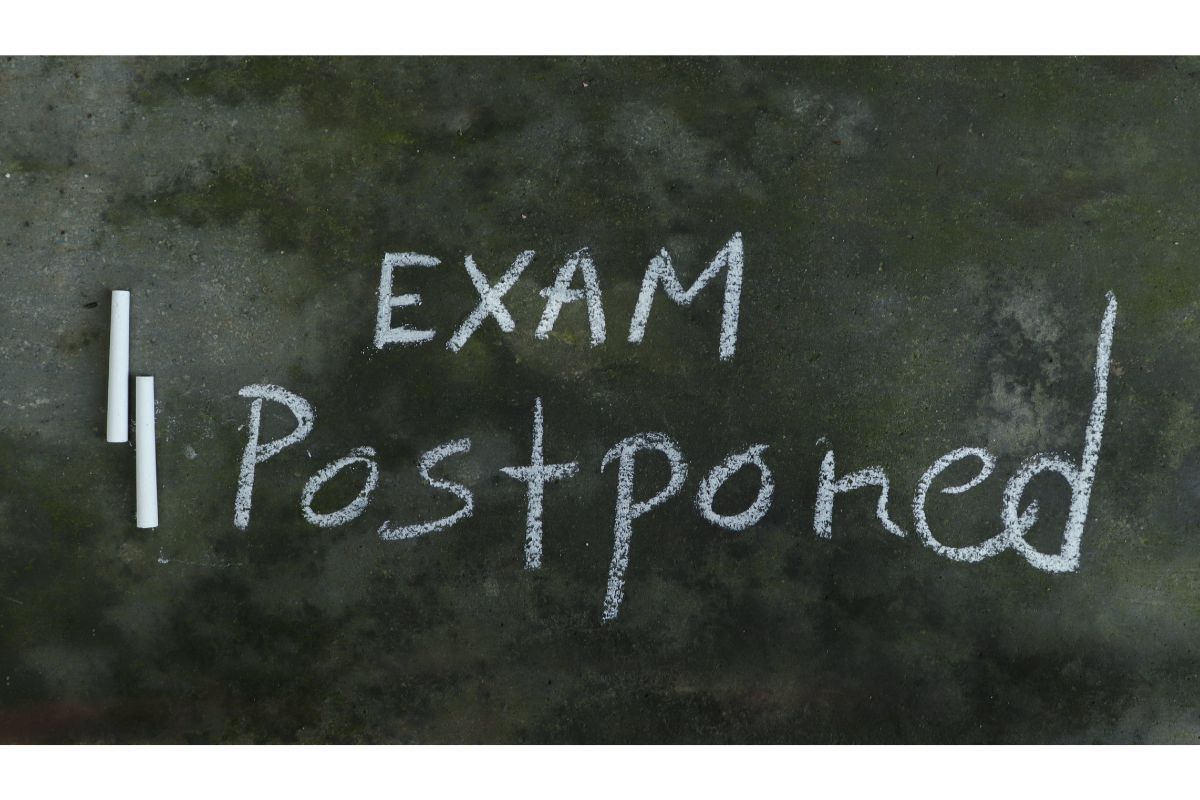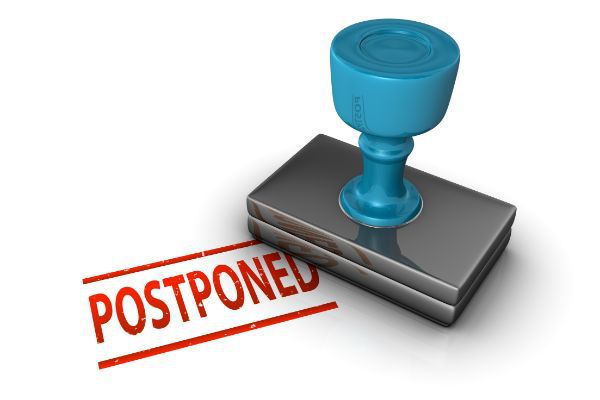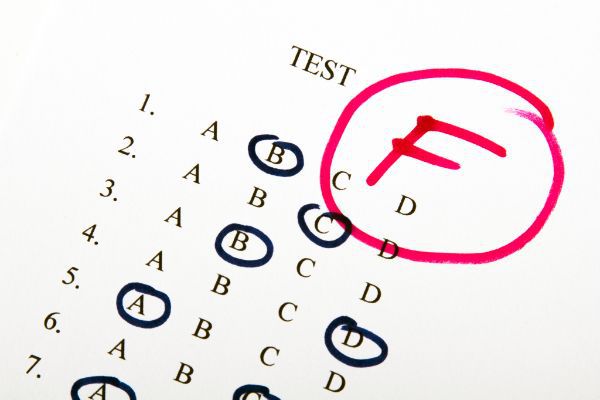The September, Um, October Bar Exam Approaches – Don’t Fear (Bar Exam Moved To October)
The California Supreme Court first announced preliminary plans for administering the October Bar Exam online in a July 16 letter to the State Bar Board of Trustees. These plans have been confirmed and finalized with the next California Bar Exam scheduled for October 5–6, 2020. Under the direction of the California Supreme Court, the exam will be administered primarily online. The California First-Year Law Students' Exam, also known as the Baby Bar, has been rescheduled to November 17, 2020. In July, California Supreme Court justices held a videoconference with California law school deans, then held a three-hour virtual hearing to receive input from law school graduates registered...
Continue reading











